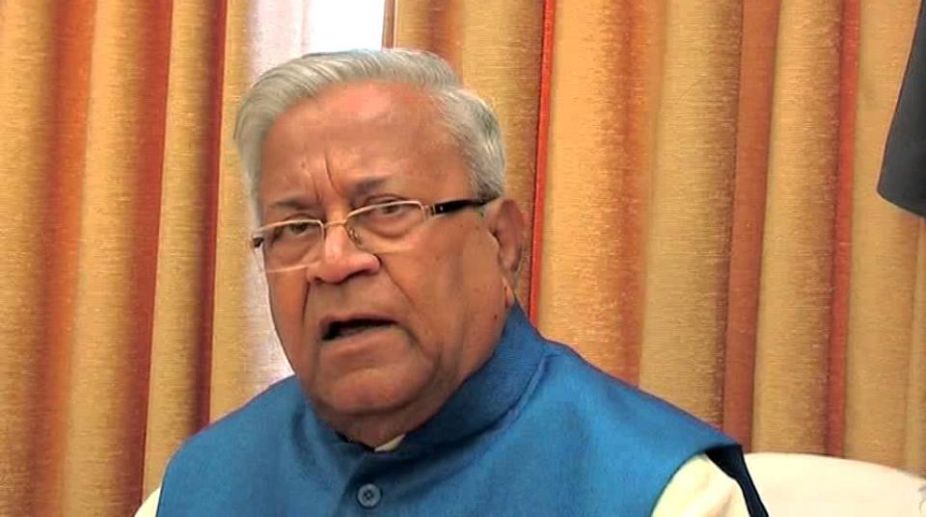Nagaland Governor P B Acharya on Thursday declared the entire process of elections to Urban Local Bodies (ULBs) in the state, which was bitterly opposed by Naga tribal groups, as null and void.
State Election Commissioner Sentiyanger Imchen in a notification said following the Governor's decision the election programme for the ULBs, notified on December 21 last year, is now null and void.
Advertisement
On February 2, the state Cabinet had decided to declare the election process null and void, also a demand of the Naga tribal groups.
The official declaration was made on Thursday by the State Election Comminssion (SEC) after the assent of the Governor.
The ULB election, which provided for 33 per cent reservation for women, was opposed tooth and nail by Naga tribal groups. It led to violence in which two persons were allegedly killed in police firing outside the private residence of Chief Minister T R Zeliang in Dimapur on January 31, on the eve of polling day.
The election to the 32 municipal and town councils in the northeastern state had been announced by the SEC on December 21 last year, as per the directive of the state government dated October 4 and November 18, 2016.
The government decision to hold the ULB election also spurred violence at Mokokchung and Longleng districts.
Subsequently, the tribes under the banner of Nagaland Tribes Action Committee (NTAC) Kohima and Joint Coordination Committee (JCC) demanded the resignation of Zeliang and his Cabinet colleagues on moral grounds and suspension of the police officers involved in the firing, besides declaring the election process null and void.
The restive tribals went on a rampage, vandalised and set ablaze government offices and vehicles in the capital town on February 2.
The functioning of government offices has been hit for more than a week because of the protests and the state has been trying to pacify them.
The meeting with the tribal organisations that was convened by the government on Wednesday was attended by only a few Naga leaders.
NTAC Kohima and JCC, the two organisations spearheading the movement against the government, stayed away and remained firm on their demands.











